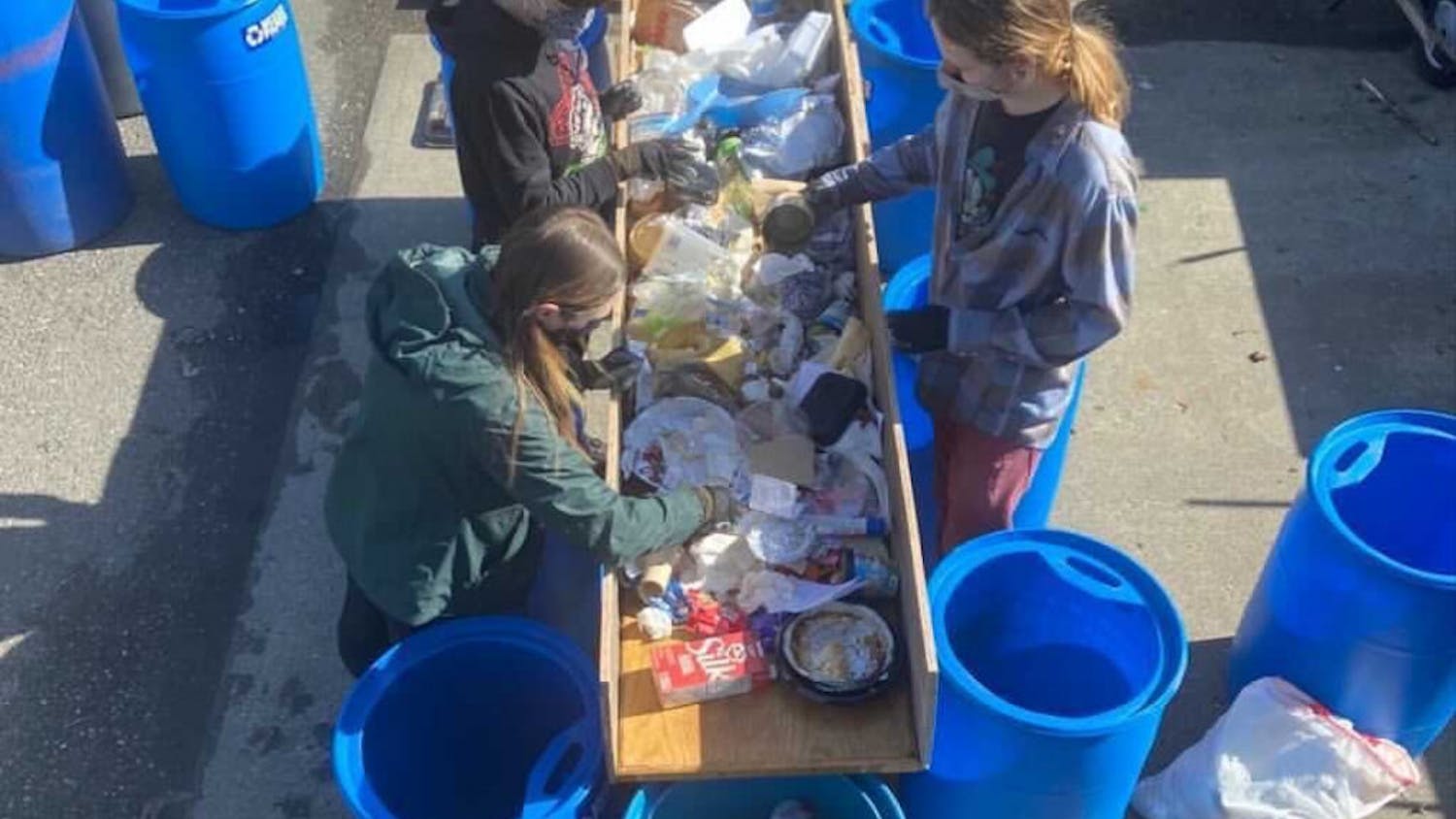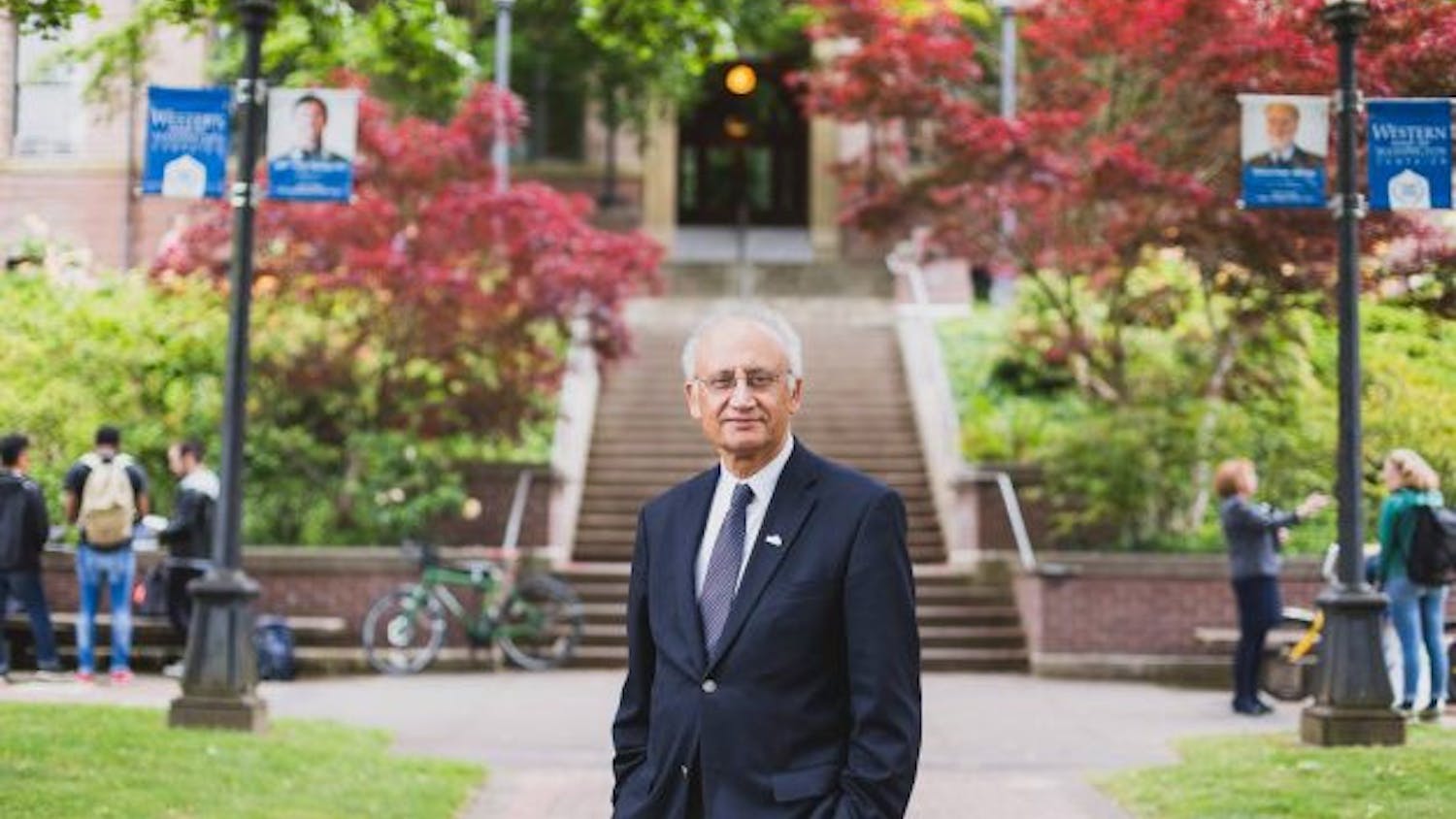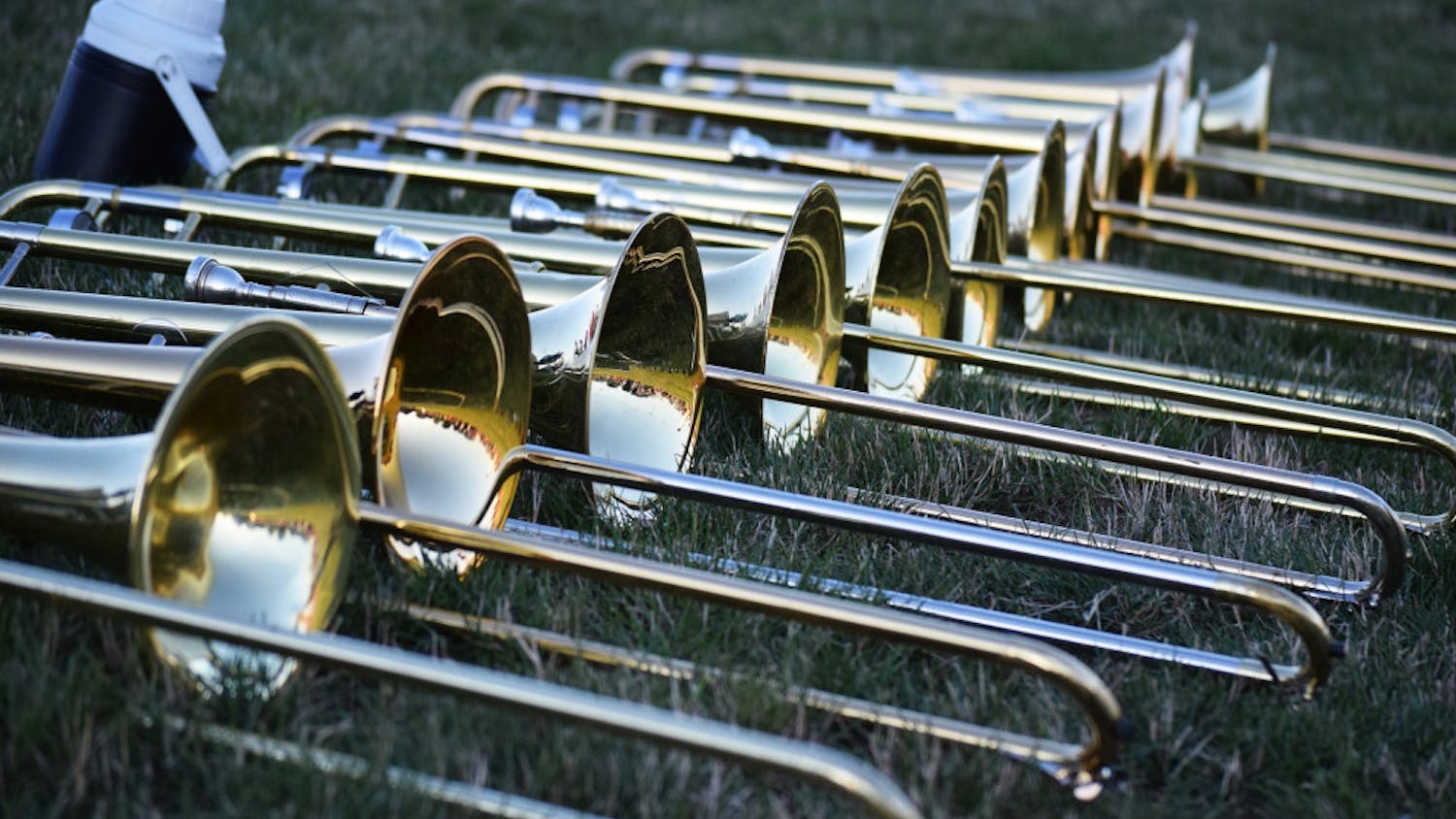
Western Washington University’s five-acre organic Outback Farm was designated an essential business throughout the pandemic, allowing continued operation of the student-led organization to provide the community with produce from their garden.
“Forever and always our future goal is to provide food for students who need it and to allow creative growth and inspiration within the natural world around us,” said Caitlin Paddock, The Outback Farm engagement coordinator, in an email.
Before COVID-19, student volunteers would work on educational beds, the few dozen beds The Outback owns that produce food for students, or in the forest garden. Today The Outback exists with limited student contact.
Crops that are harvested by volunteers are delivered to the weekly food pop-ups that stand outside of the Viking Commons. Students in need of food can come by the pop-up or the farm throughout the season where farm staff can also direct them to currently available produce.
In addition to providing produce to the community, The Outback created an apiary for honey bees in 2019. The apiary was established to help prevent the declining bee population and it allowed students the opportunity to take on new leadership roles. A class, led by The Outback's manager Terri Kempton, was the first to take on the challenge.
“Students get an option to put on the suits and work with the bees hands-on,” said Sasha Mosier, a second-year volunteer for The Outback. “I just took a state training with my boss, Terri Kempton, and we’re going to be leading it together. Recently our bees died and/or flew away, so Terri and I took a class so that we could become more educated on how to keep the bees.”
Tiffany Bell, owner of Ten Fold Farm, discussed the skills required when working on a farm.
“When you work with livestock, you become acutely attuned to what the various sounds an animal makes, and the very real lifecycle of not only the animals you care for, but the land and climate around you,” said Bell in an email. “Even how one’s own persona becomes more attune with the needs of people and animals around you.”
“Throughout history, humans have had companion animals from the very first tamed wolf to today’s exotic pets,” Bell said. “Animals help relieve stress, give a sense of purpose, something to care for, decrease depressive episodes, provide an outlet for physical activity and can even help children read better.”
While The Outback has been limited by the pandemic, the organization hosted a Speaker Series event dedicated to food, farming and justice on April 14 at 4 p.m.
At the event, farmer Rishi Kumar spoke about reframing mindsets around permaculture and regenerative culture.
While Paddock continues overseeing The Outback’s work despite the pandemic, she said that in the future, the organization hopes to make the farm more accessible because they believe every Western student is a farmer. “In the future, we'd like to see even more of what we already have, which is love and growth and community.”
Crystal Tucker, reporter for The Front, is a third-year Western student, aiming to be a Public Relations major. Crystal has always had a passion for Journalism. Throughout high school, she was a part of her school paper at Sehome High School. To contact Crystal, please reach her on her school email at tuckerc7@wwu.edu.





